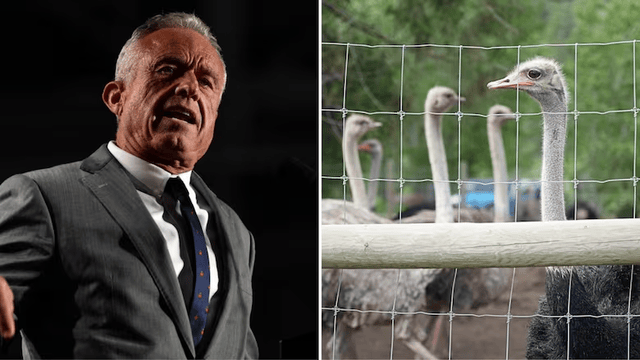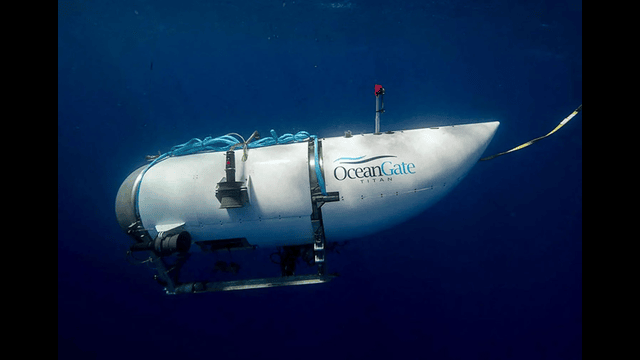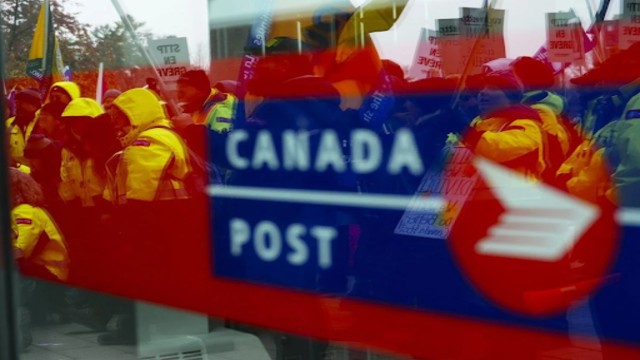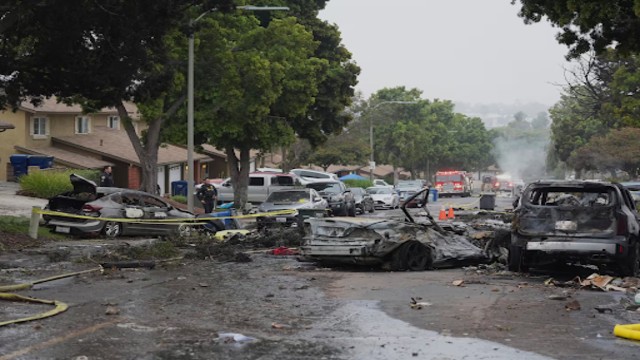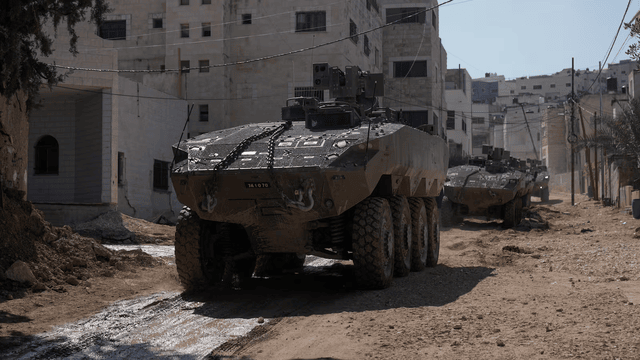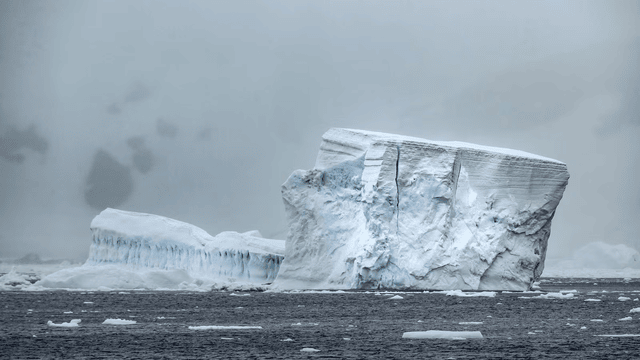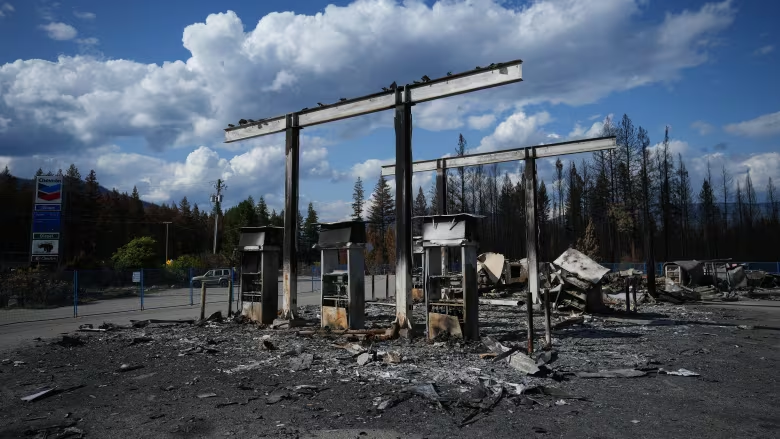
Last September, a gas station in Squilax, B.C., was devastated by a wildfire. The year 2023 witnessed record wildfire seasons in British Columbia, Alberta, Quebec, and the Northwest Territories. The destruction caused widespread damage across various regions, leaving communities grappling with the aftermath. (Photo credit: Darryl Dyck/The Canadian Press)
As winter's chill loosens its grip on Canada, the specter of last year's devastating wildfires looms large in the minds of many. Fire crews, still weary from battling the worst recorded wildfire season, brace themselves for what could be another harrowing ordeal.
In a startling move, Quebec's fire monitoring agency, SOPFEU, issued a warning for certain regions of the province - the earliest in its history. Philippe Bergeron, a spokesperson for the agency, voiced concerns over the rapidly drying conditions, emphasizing the heightened risk of ignition.
Echoes of apprehension resound in Alberta, where authorities declared the commencement of wildfire season ten days earlier than usual. Meanwhile, British Columbia remains vigilant, monitoring holdover fires from the previous year.
Efforts to preempt disaster are underway, with the B.C. Wildfire Service initiating prescribed burns to mitigate potential fuel for future conflagrations. Yet, the battle is far from won, with over 100 fires still smoldering in both British Columbia and Alberta, testament to the persisting dryness.
Amidst this ominous backdrop, researchers delve into the aftermath of last year's cataclysmic wildfires, grappling with the staggering scale of destruction. Although the number of fires itself wasn't unprecedented, their sheer magnitude shattered previous records.
Marc-André Parisien, a research scientist, reflects on the anomalies of the previous season, attributing them to a confluence of factors, including early snowmelt and drought conditions. A new study, titled "Canada Under Fire," sheds light on the profound impact of climate change, elucidating the correlation between rising temperatures and the intensification of wildfires.
Communities, scarred by the trauma of forced evacuations, brace themselves for the uncertain future. Rhonda Oblin Cooper, deputy chief of the Cree First Nation of Waswanipi, recounts the ordeal of dual evacuations, a stark reminder of the new reality they face.
As the nation grapples with the impending wildfire season, experts underscore the urgent need for enhanced preparedness and resources. Improved fire monitoring, bolstered firefighting capabilities, and early mobilization are advocated as essential measures to mitigate potential catastrophe.
While the future remains uncertain, one thing is clear - the looming threat of wildfires demands unwavering vigilance and proactive measures.



